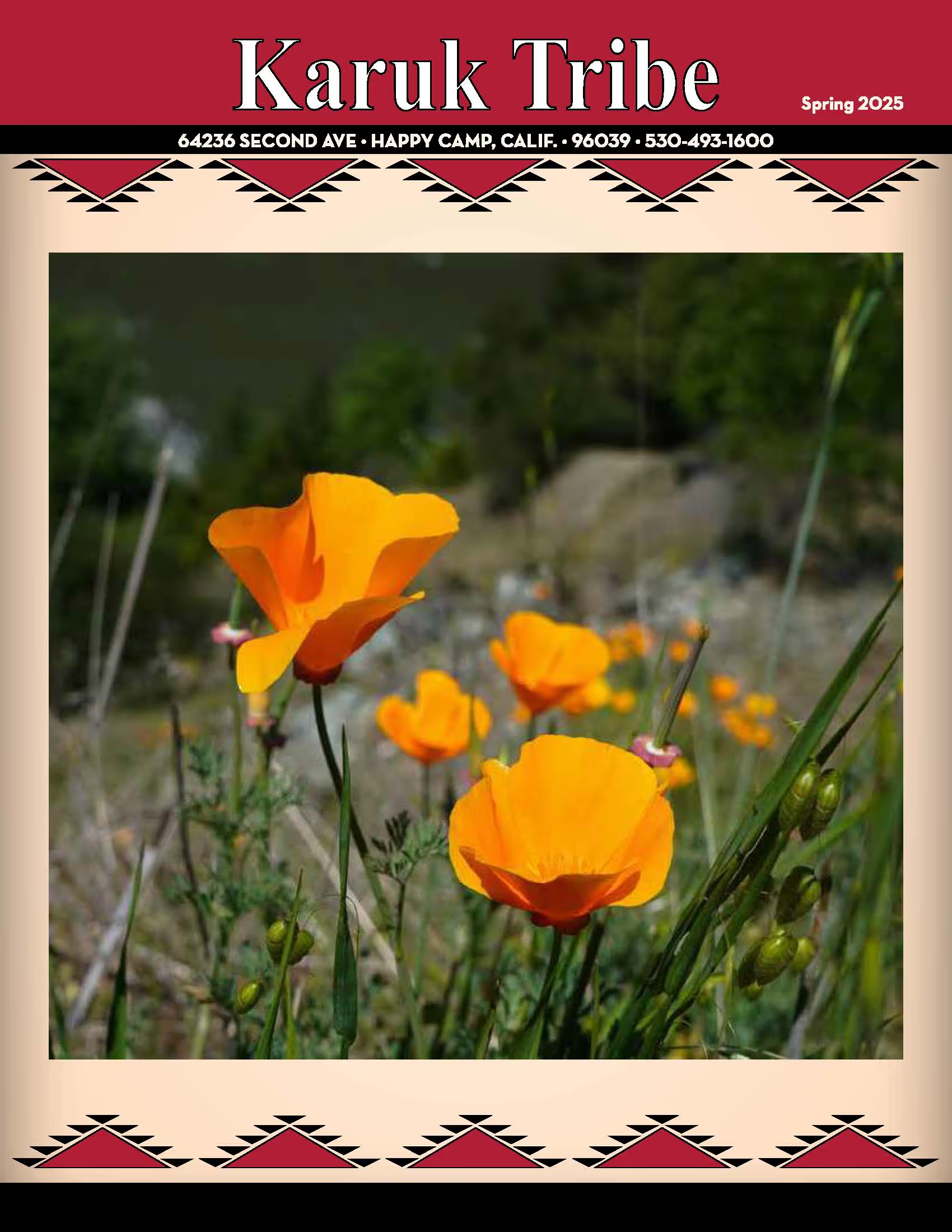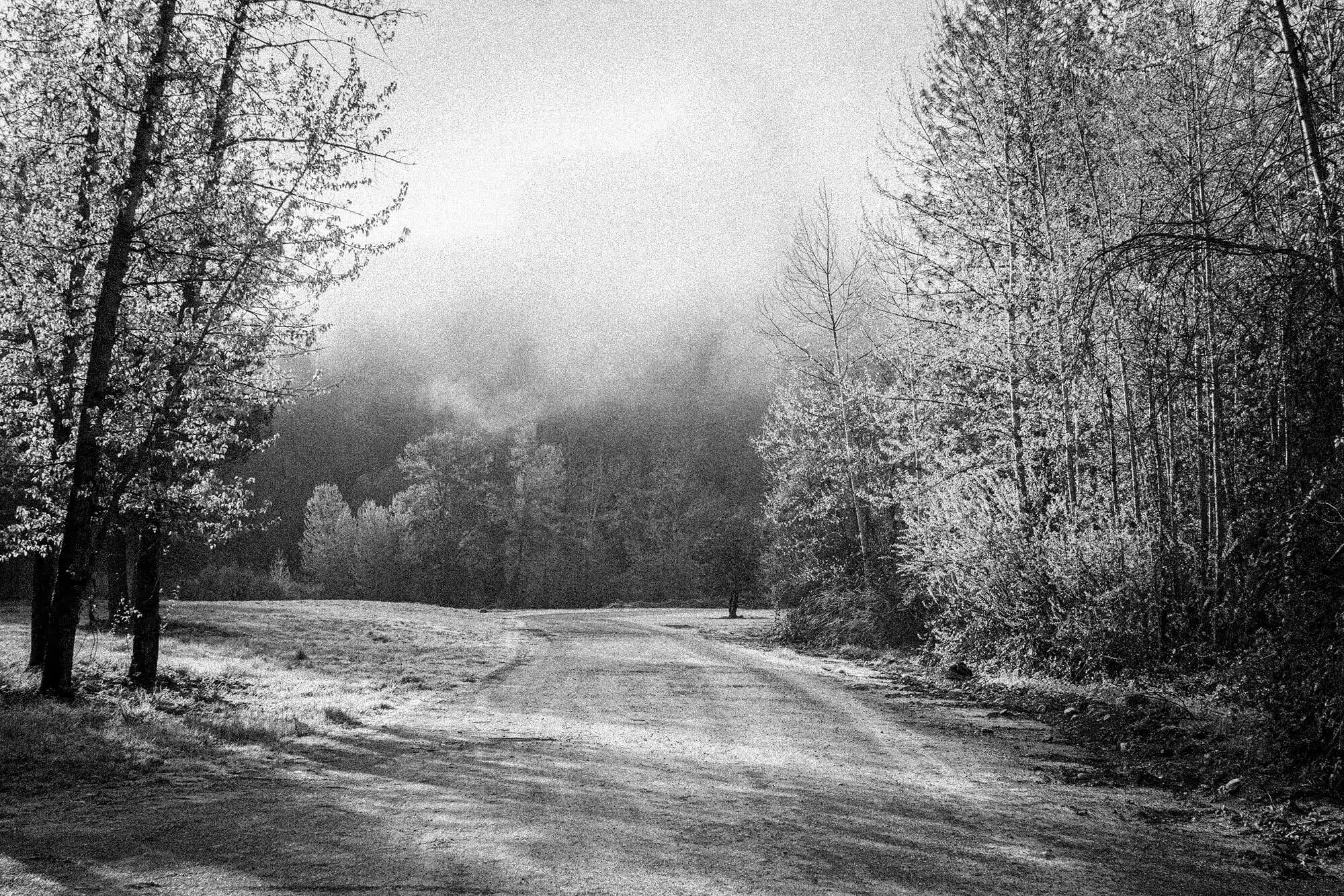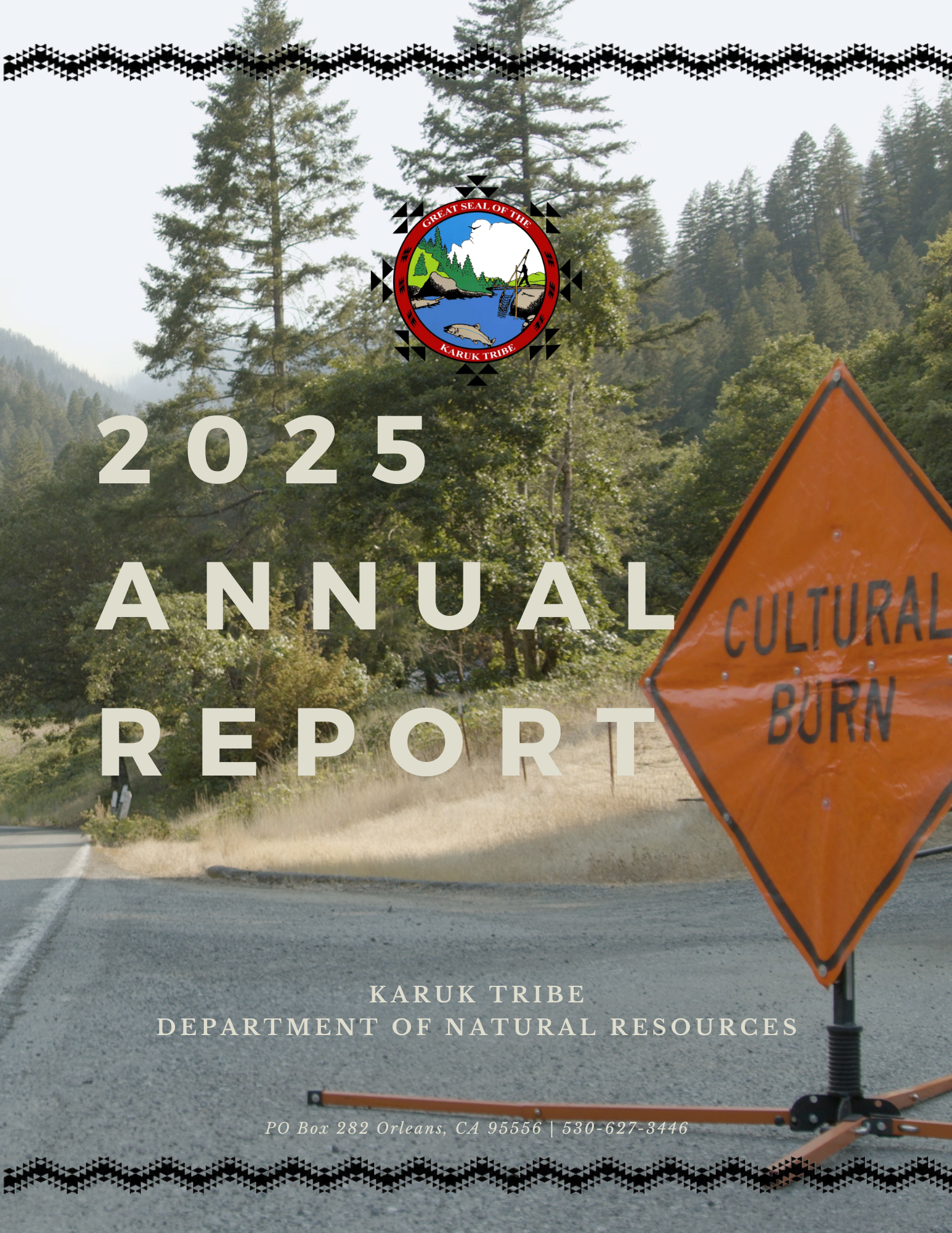Announcements
Stay informed with the latest announcements, public notices, and important updates.
The Karuk Newsletter
The Karuk Tribe publishes a quarterly newsletter to distribute to Karuk Tribal Membership. The newsletter features updates from Tribal Departments and Programs on upcoming events, activities, and services offered. Content is not limited and we encourage anyone who has information to submit articles for print.



Submit your content for publication
Tribal Members & Descendants, if you have news, articles, events, or announcements that you wish to submit for publication in the Karuk Tribe's newsletter, Please click the button to submit a form. If you need assistance please reach out to newsletter@karuk.us. All submissions must include your name and address as no anonymous articles will be accepted. Submissions are preferred in digital format (Instructions below); however, hard copies are also accepted by mailing articles to Karuk Tribe Newsletter Articles, PO Box 1016, Happy Camp, CA 96039.



